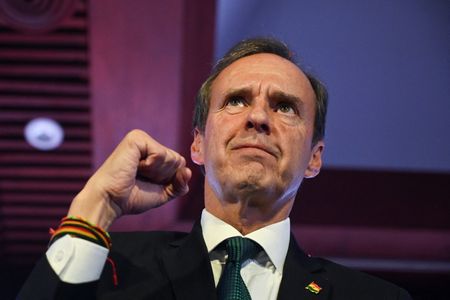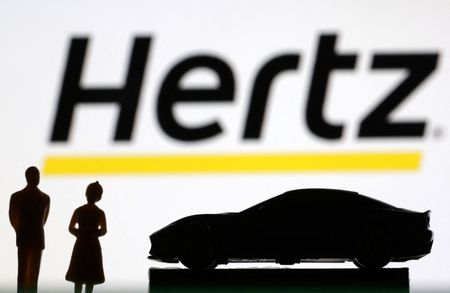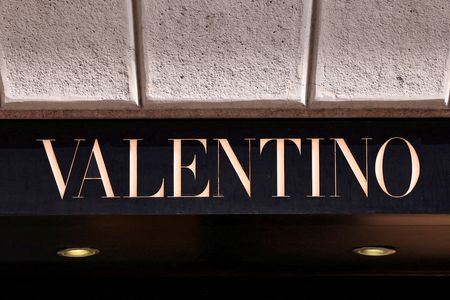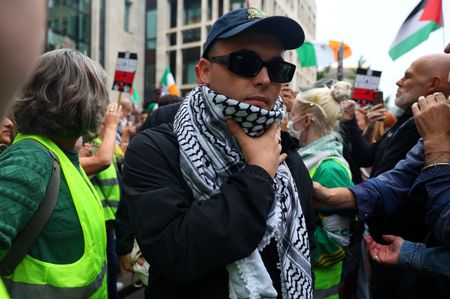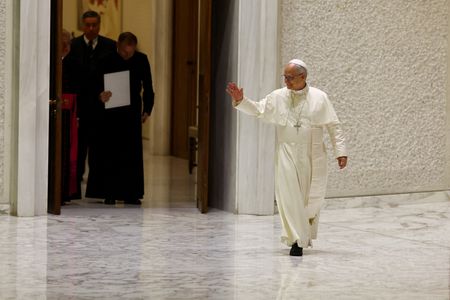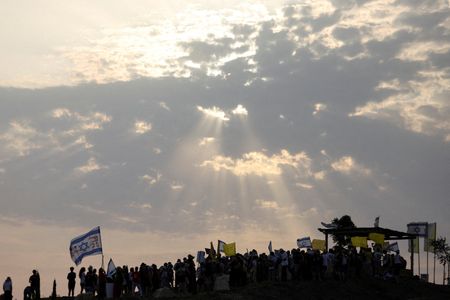By Lucinda Elliott and Monica Machicao
LA PAZ (Reuters) -Bolivian presidential candidate Jorge “Tuto” Quiroga said he would dole out ownership stakes in key natural resources like lithium if elected in October as part of sweeping economic reforms, and signalled a willingness to improve ties with the United States.
Quiroga, 65, emerged as the leading conservative contender after placing second in the August 17 election, with roughly 28% of the vote in a crowded field of eight candidates. He will face centrist Senator Rodrigo Paz in a runoff on October 19.
“We’re going to change everything, hydrocarbons, mining, lithium, tax,” Quiroga told Reuters in an exclusive interview from his home in La Paz, his first with foreign media since securing a spot in the second round.
Quiroga said his conservative Alianza Libre, or Freedom Alliance, coalition is preparing constitutional reforms and already building congressional alliances to push through legislation quickly.
Among his proposals is a plan to grant Bolivians individual ownership rights over natural resources – including the battery metal lithium and natural gas – via a mutual fund structure.
“The lithium will belong to each and every citizen,” he said. “Not to the state, not to my government, but to individuals as shareholders.”
Bolivia holds vast reserves of lithium and natural gas, but production has lagged under nearly two decades of state control.
Quiroga said Sunday’s legislative results marked a turning point. Preliminary counts suggest his pro-market coalition and Paz’s Christian Democrat party will control 82 of the 130 seats in the Lower House — enough to pass laws requiring a two-thirds majority.
Quiroga expressed an openness to work across party lines to turn around the economy, which has been hurt by high inflation and government spending that has drained hard currency reserves.
Bolivia’s gas exports, the key source of foreign income, have halved in the 10 years to 2025 as producers have failed to find new gas fields.
Quiroga briefly served as interim president from 2001 to 2002 and has long been a prominent opposition figure. Known by his childhood nickname “Tuto,” he has campaigned on promises of radical change, including deep spending cuts and privatization of state-run firms.
Critics say his proposals may alienate Bolivia’s Indigenous majority, which remains wary of the traditional right. Quiroga has run several times, never making a runoff. He lost twice to former president Evo Morales.
Speaking from his apartment in a La Paz neighbourhood dotted with embassies, he said that the second round would be an opportunity for people to tune in. “They can judge who has the capacity, credibility, and strength to deliver the dramatic change Bolivia needs,” he said.
PRAGMATIC ABOUT US RELATIONS
Quiroga also said he would seek to thaw long-frosty ties with Washington, after years of Bolivia’s alignment with China, Iran and Russia. However, he emphasized a pragmatic approach.
“I will not have ideological lineups of any kind,” he said.
He supports pursuing a free trade agreement with Washington, though acknowledged it may be “impossible” under the Trump administration.
Quiroga said if elected he would pursue legal action against former president Morales, who dominated Bolivian politics for two decades but now is wanted on alleged child abuse and terrorism charges. Morales denies the allegations and says they are politically motivated.
“He has real charges. With me, the rule of law applies,” Quiroga said.
(Reporting by Lucinda Elliott in Montevideo and Monica Machicao in La Paz; Editing by Christian Plumb and Stephen Coates)

